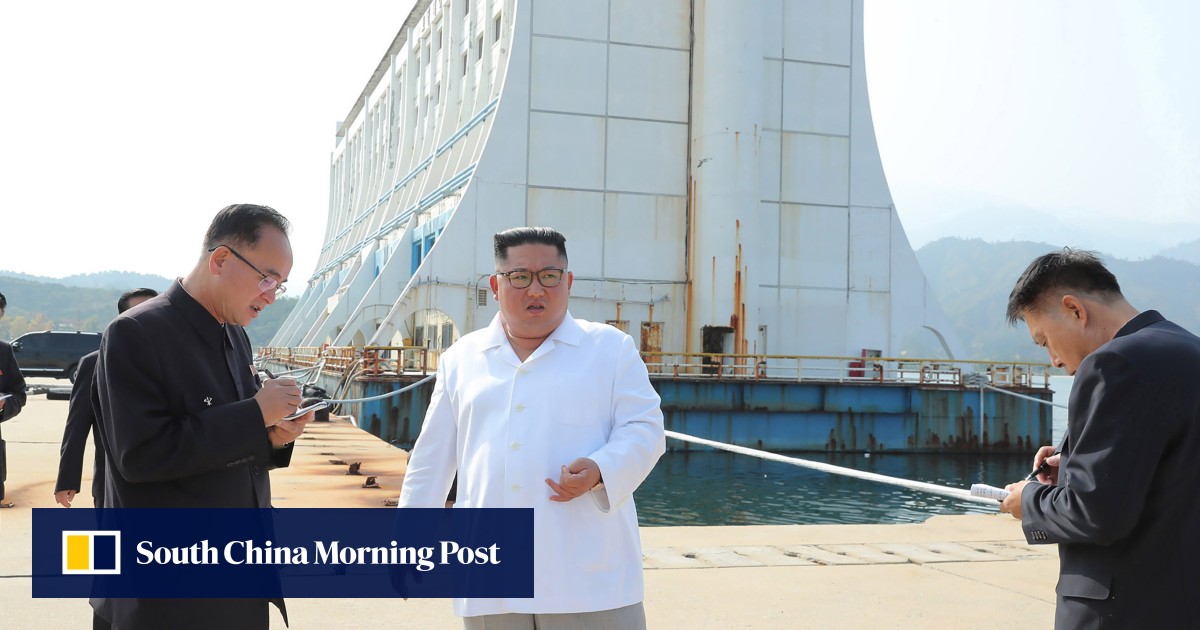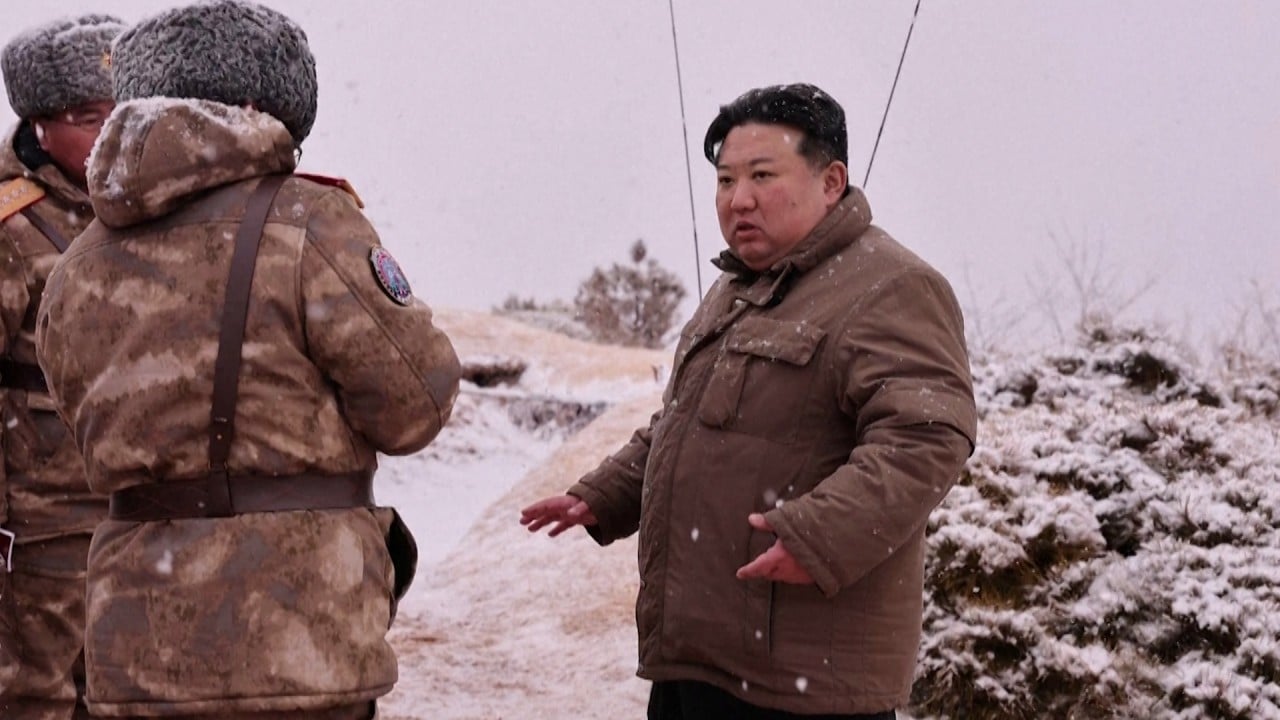The assembly, which takes formal steps to adopt policy decisions of the ruling Workers’ Party, also voted to abolish laws governing economic ties with Seoul, including the special law on the operation of the Mount Kumgang tourism project.
The tours to the scenic mountain just north of the eastern border were a symbol of economic cooperation that began during a period of engagement between the two Koreas in early 2000s, drawing nearly 2 million South Korean visitors.

The project was suspended in 2008 after a South Korean tourist who strayed into a restricted zone was shot and killed by North Korean guards.
Hyundai Asan, an affiliate of the Hyundai Group conglomerate which invested more than 750 billion won (US$564 million) in developing the Kumgang project, declined to comment on the report.
South Korea’s Unification Ministry, which handles ties with Pyongyang, said the North’s action was not surprising and would only deepen its isolation. Seoul does not recognise the unilateral move, an official added.
Pyongyang may use ‘fake news’ to influence South Korea polls, Yoon warns
Pyongyang may use ‘fake news’ to influence South Korea polls, Yoon warns
The companies pulled out and the factory zone closed in 2016 when Seoul suspended the project after the North’s fifth nuclear test and long-range ballistic missile launches.
In January, South Korea closed a state-run foundation that supported the development and operation of the Kaesong industrial zone, which at the time was considered a sign that Seoul viewed the project as unlikely to be revived.
“What hasn’t changed is that the North has tried for more than 70 years to turn us into communists, and while doing that, it realised its conventional weapons were insufficient so they went onto nuclear development to threaten us,” he said.
Why Vladimir Putin might be setting foot in Pyongyang again after more than 23 years
Why Vladimir Putin might be setting foot in Pyongyang again after more than 23 years
Since taking power in 2011, Kim has pushed the North to develop nuclear weapons and ballistic missiles even as its economy languished.
KCNA separately reported that Kim on Wednesday toured factories producing consumer goods and food, and gave guidance on modernising the facilities as part of implementing a new regional development policy.


